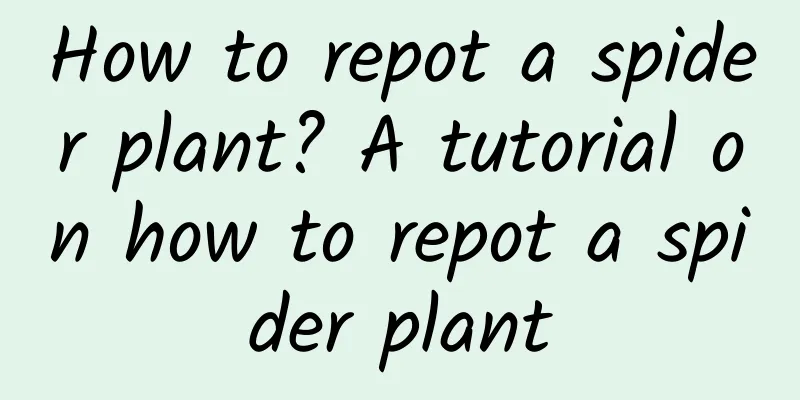How to fertilize tomatoes?

|
Fertilizing tomatoes in a greenhouse does require some attention, so here are a few points to note when fertilizing tomatoes: Tomato fertilization tips:1. Determine the type of nutrition according to the growth of tomatoes: Generally speaking, in the early stage of fruiting, the plants grow vigorously and tend to grow too long, so less foliar nutrition that promotes stem and leaf growth should be used, and potassium dihydrogen phosphate, compound fertilizer, etc. can be used. In the peak period of fruiting, the growth of the plants begins to weaken, and more foliar nutrition that promotes stem and leaf growth should be used to promote seedlings and protect leaves. Urea, sugar, Dayuan No. 1, Jiakean and other special foliar nutrient solutions can be used. 2. Determine the type of nutrition according to weather conditions: In cloudy and snowy weather, there is insufficient light in the greenhouse, photosynthesis is poor, and the sugar supply of tomatoes is insufficient. Spraying sugar on the leaves is more effective. 3. Spray calcium fertilizer on the leaves in time: During the fruiting period of tomatoes, it is recommended to spray calcium fertilizers such as calcium chloride, superphosphate, amino acid calcium, and calcium supplement to meet its needs for calcium. 4. The interval between foliar fertilization should be appropriate: the appropriate interval is 5-7 days. The interval between inorganic fertilizer spraying is generally not less than 7 days, and the interval between organic fertilizer spraying is generally about 5 days. 5. Foliar fertilization should be combined with disease prevention: spray fertilizer on the leaves less frequently on consecutive cloudy days, add protective fungicides when fertilizing, and ventilate for a short time after fertilization to reduce the incidence of disease. 6. Improper use of foliar fertilizer: When leaves are injured, wash the leaves with clean water to wash away excess fertilizer, increase the water content of the leaves, and alleviate the degree of damage to the leaves. When the soil water content is insufficient, watering is also required to increase the water content in the plant and reduce the concentration of fertilizer solution in the stems and leaves. |
<<: How to grow tomatoes? Tomato cultivation tips
>>: Tomato Verticillium Wilt Symptoms and Treatment
Recommend
The efficacy and function of Tremella and Bird's Nest Soup
Tremella and bird's nest soup has a good abil...
How to pickle sweet and sour Jerusalem artichokes
How to pickle sweet and sour Jerusalem artichokes...
What are the nutritional value of longan and its effects
Longan is a top-grade tonic. Do you know the nutr...
How to make reed root porridge
The recipe of reed root porridge is actually not ...
The correct way to boil mung bean water
The weather in summer is very hot, and people wil...
What is the World Chess Federation? World Chess Federation reviews and website information
What is the website of the World Chess Federation?...
The effect of drinking winter melon peel soaked in water
Winter melon is often eaten in daily life, but wh...
What to do if you are stung by a wasp What to do if you are stung by a wasp
Wasps are a terrifying existence in life. They ha...
Assorted seafood porridge in casserole
I wonder if you have ever tried the casserole mixe...
What is the Tour of Flanders like? Tour of Flanders review and website information
What is the Tour of Flanders? The Tour of Flanders...
How is the University of Gavle? Reviews and website information of the University of Gavle
What is the website of University of Gävle? Univer...
How to grow calla lily
Calla lily is a very beautiful flower. It can be ...
How to make egg yolk fish cake
Do you know how to make egg yolk fish cake? If you...
Difference between Gala and Apple
Gala and apple are delicious fruits that people o...
How is Avène? Avène reviews and website information
What is the Avène website? Avène (Eau Thermale Avè...









